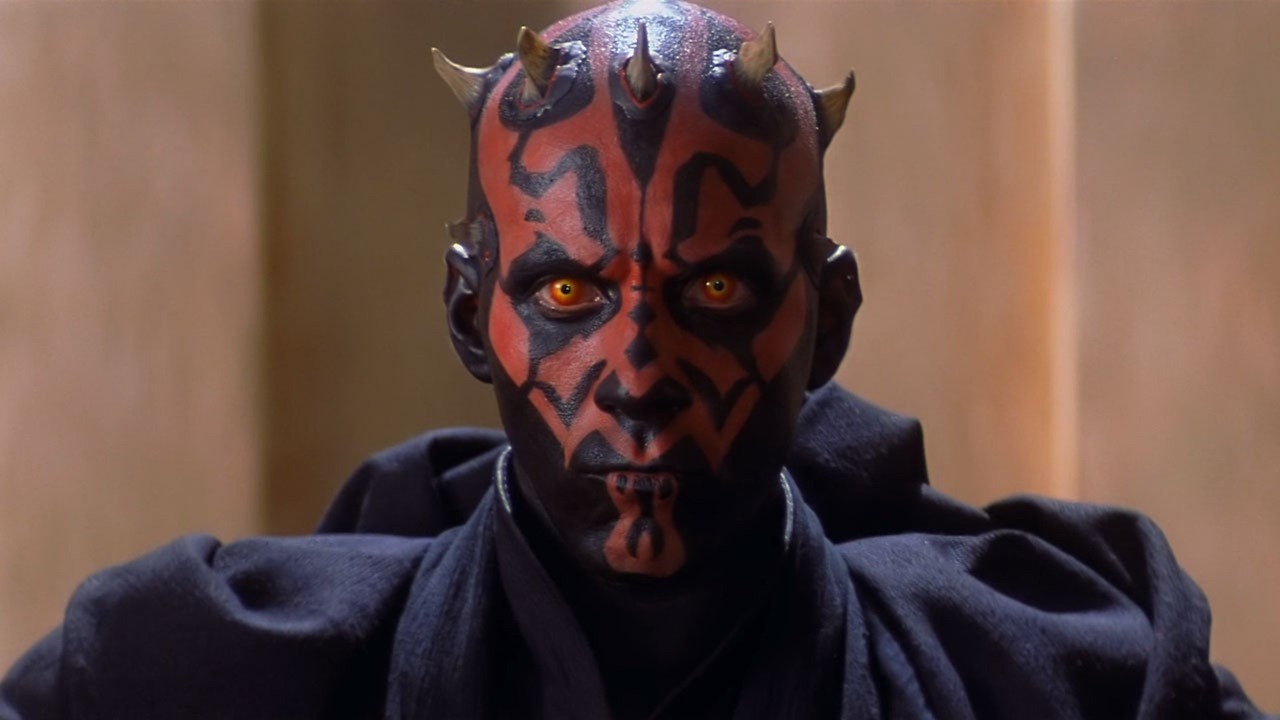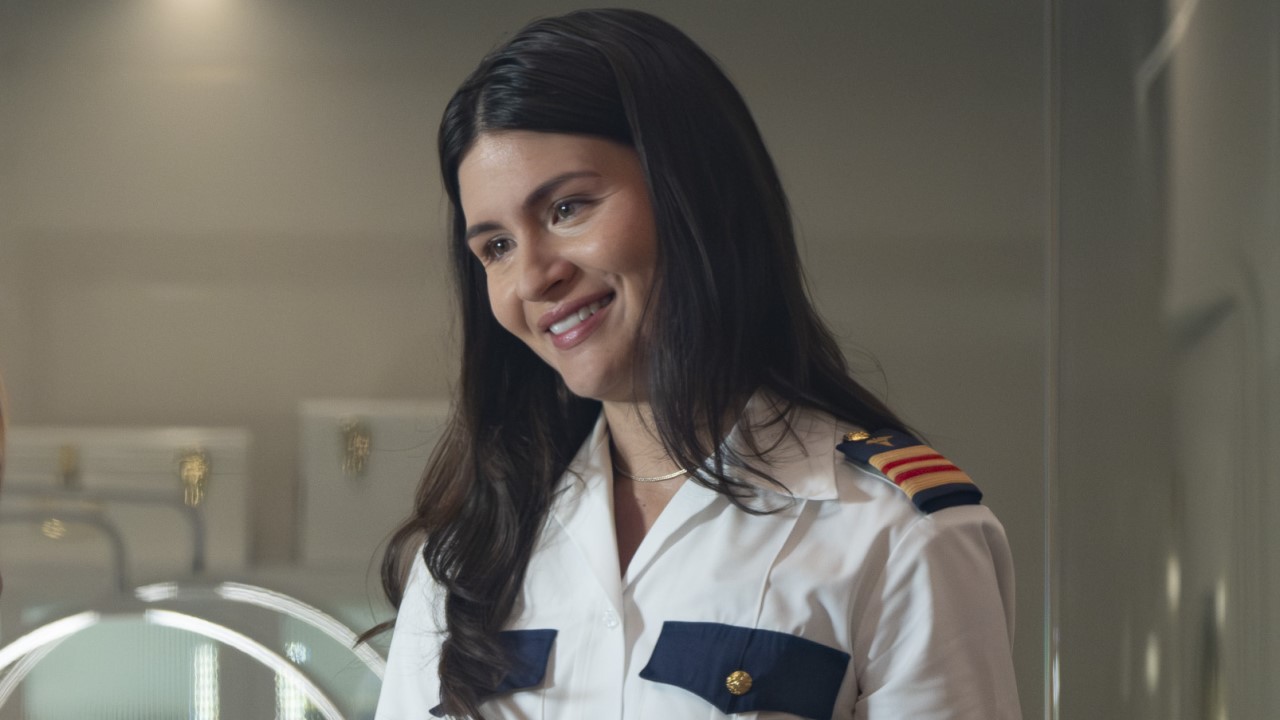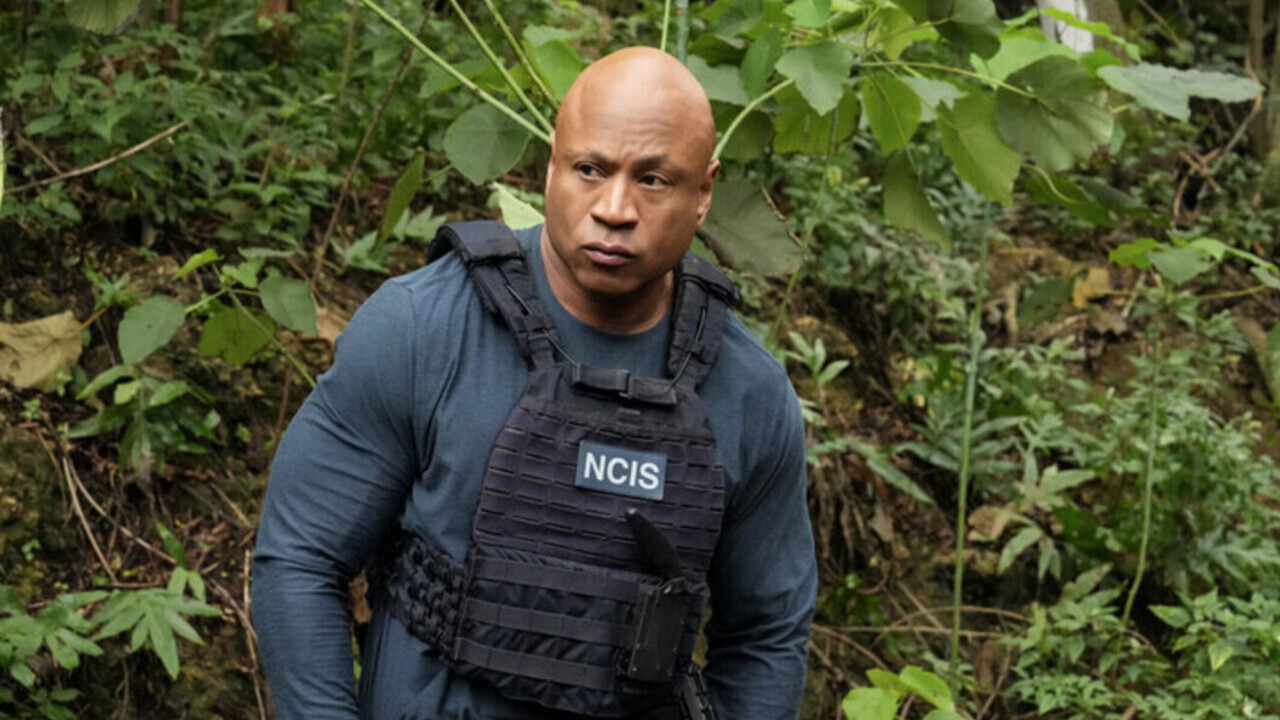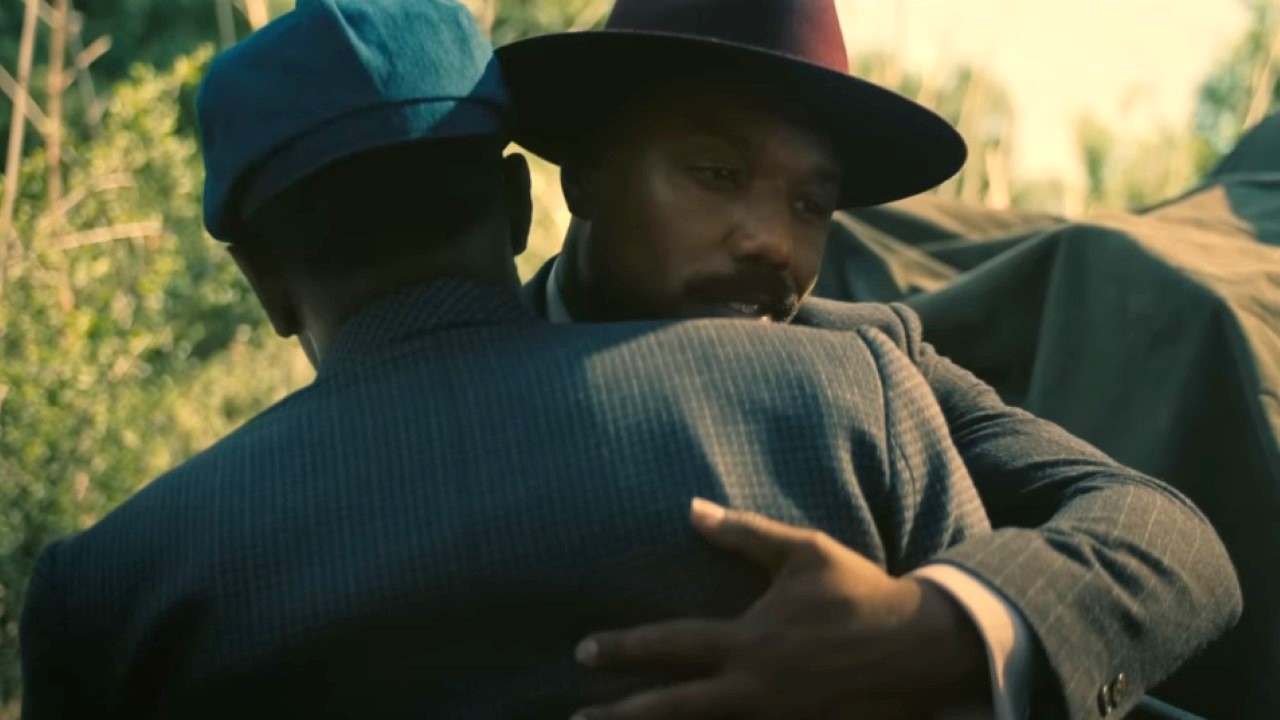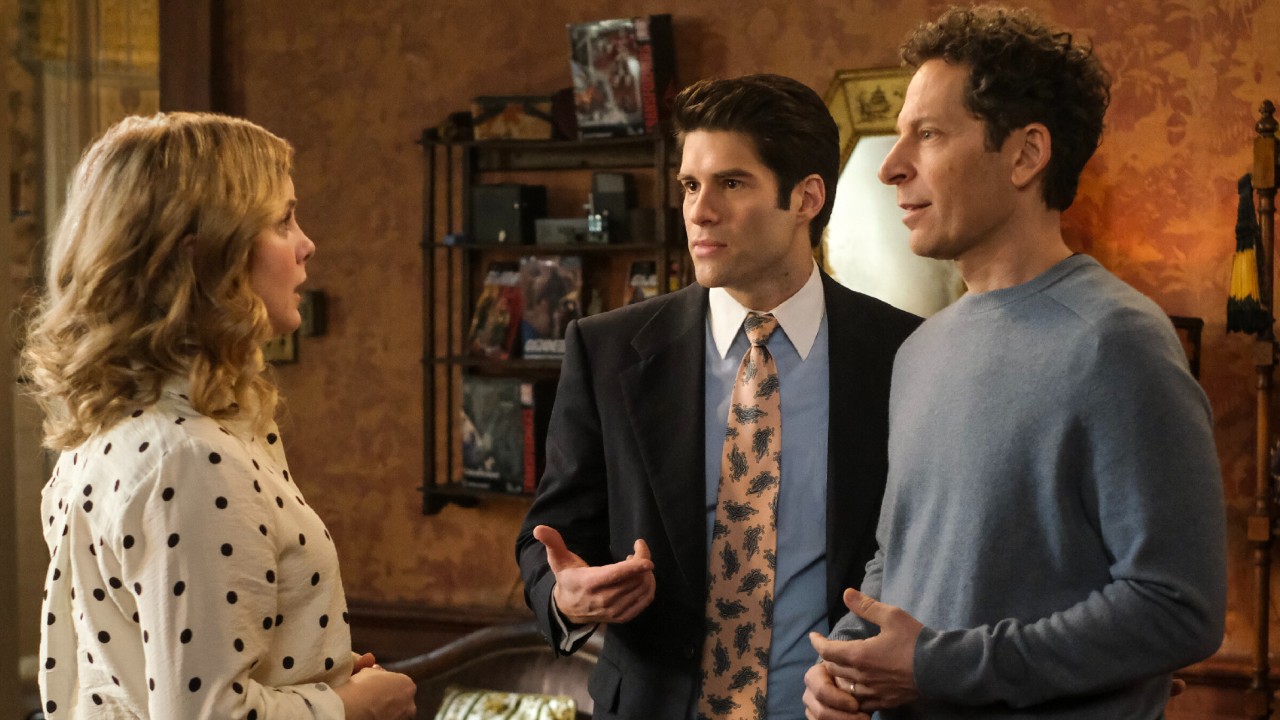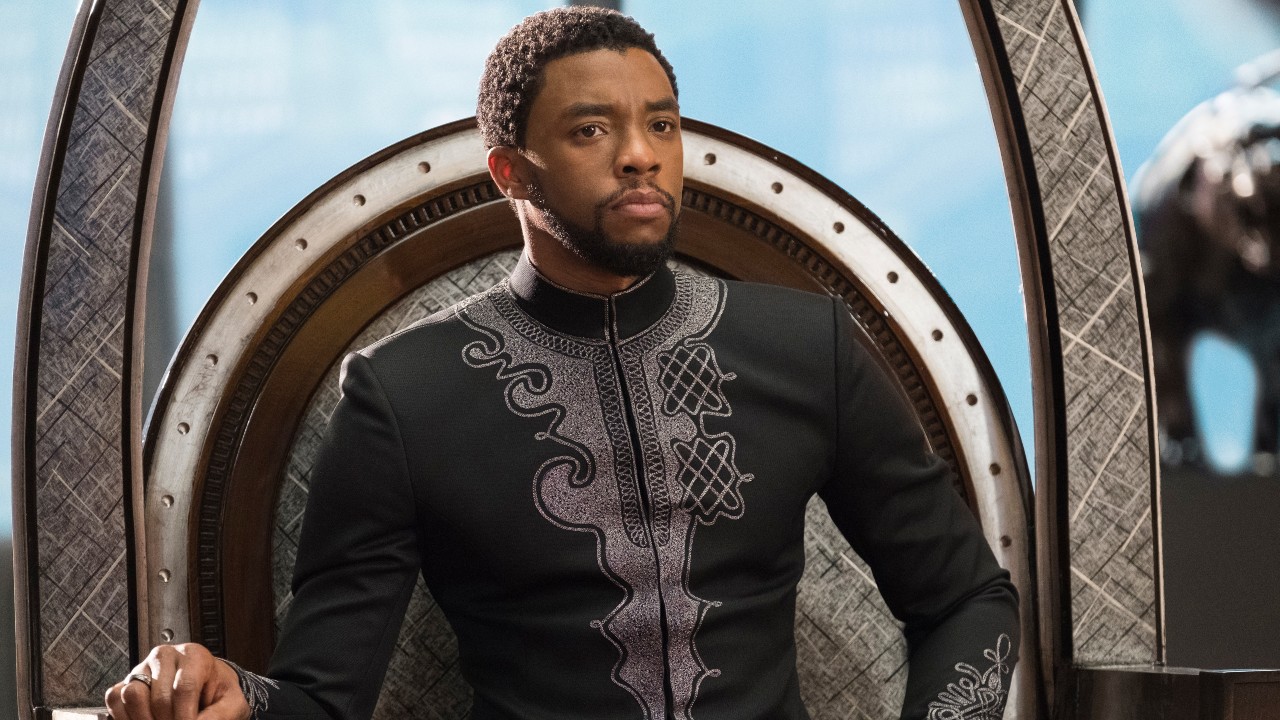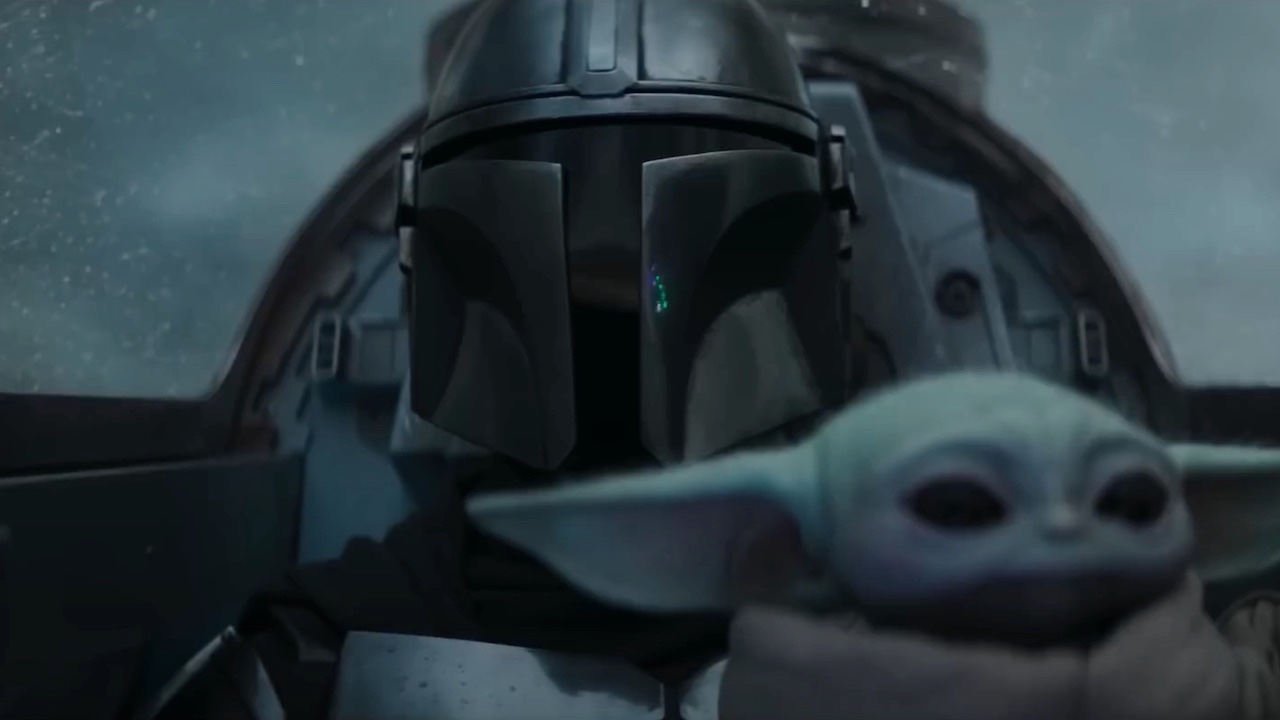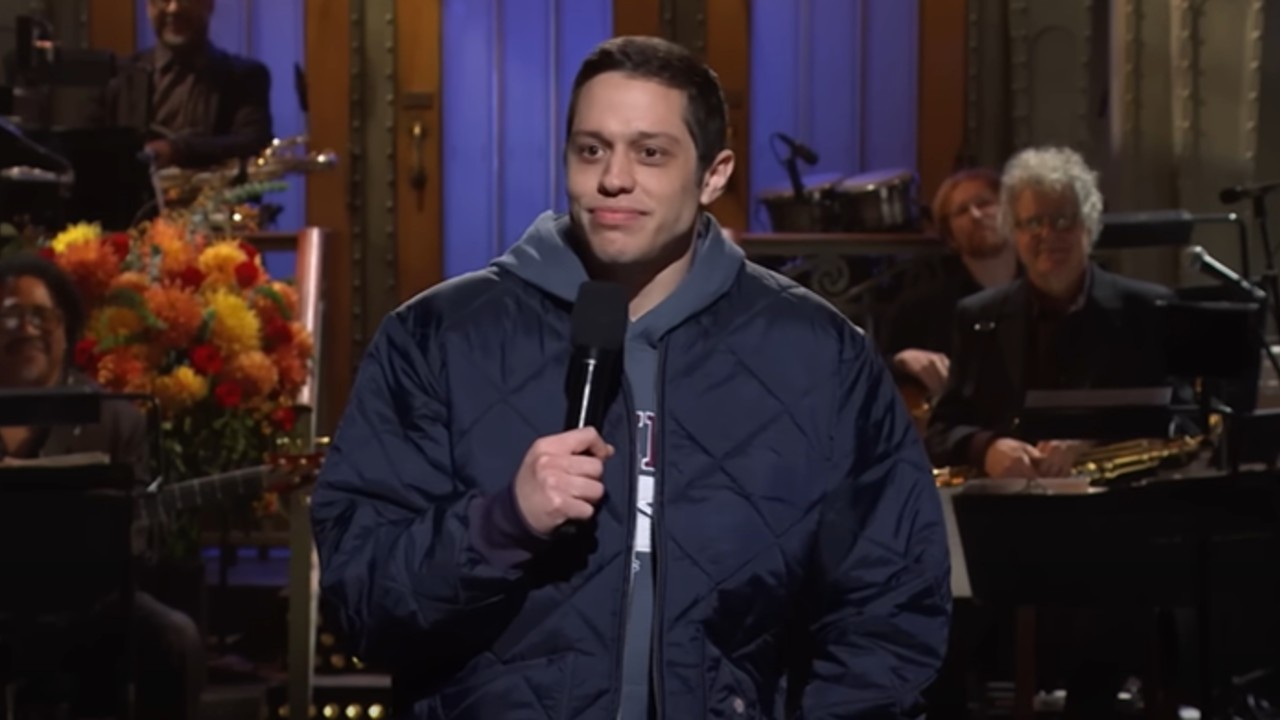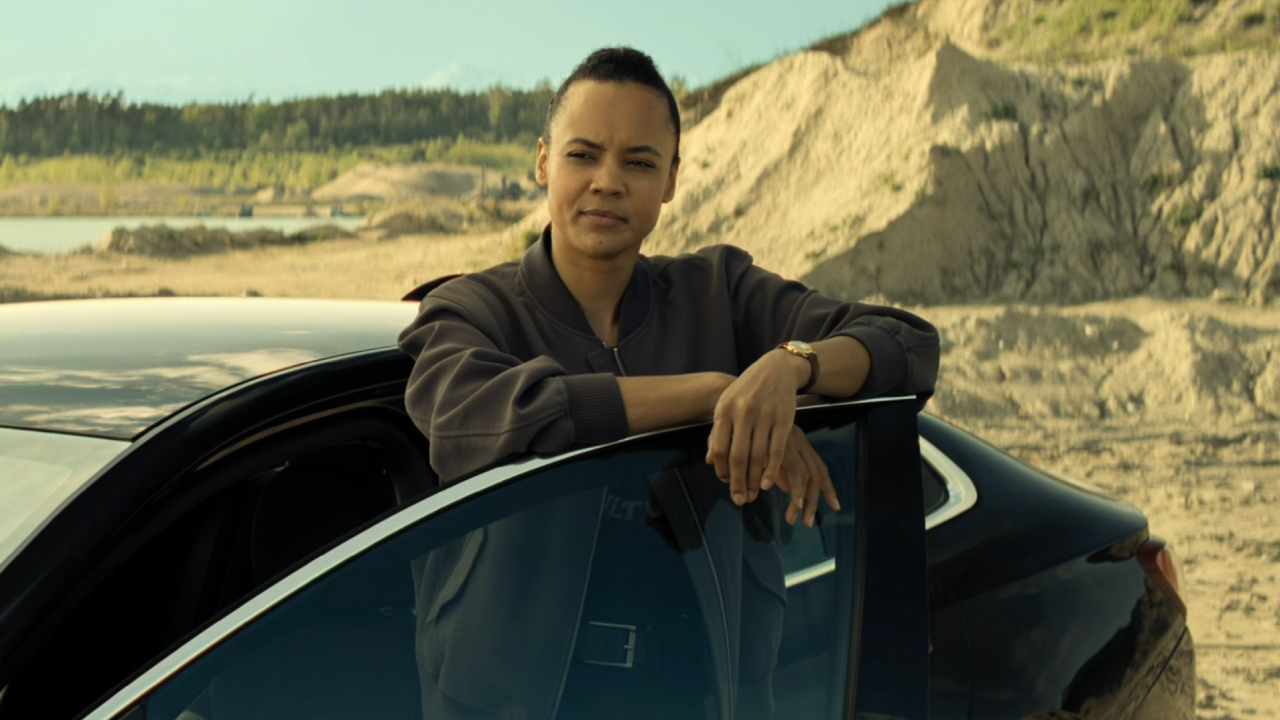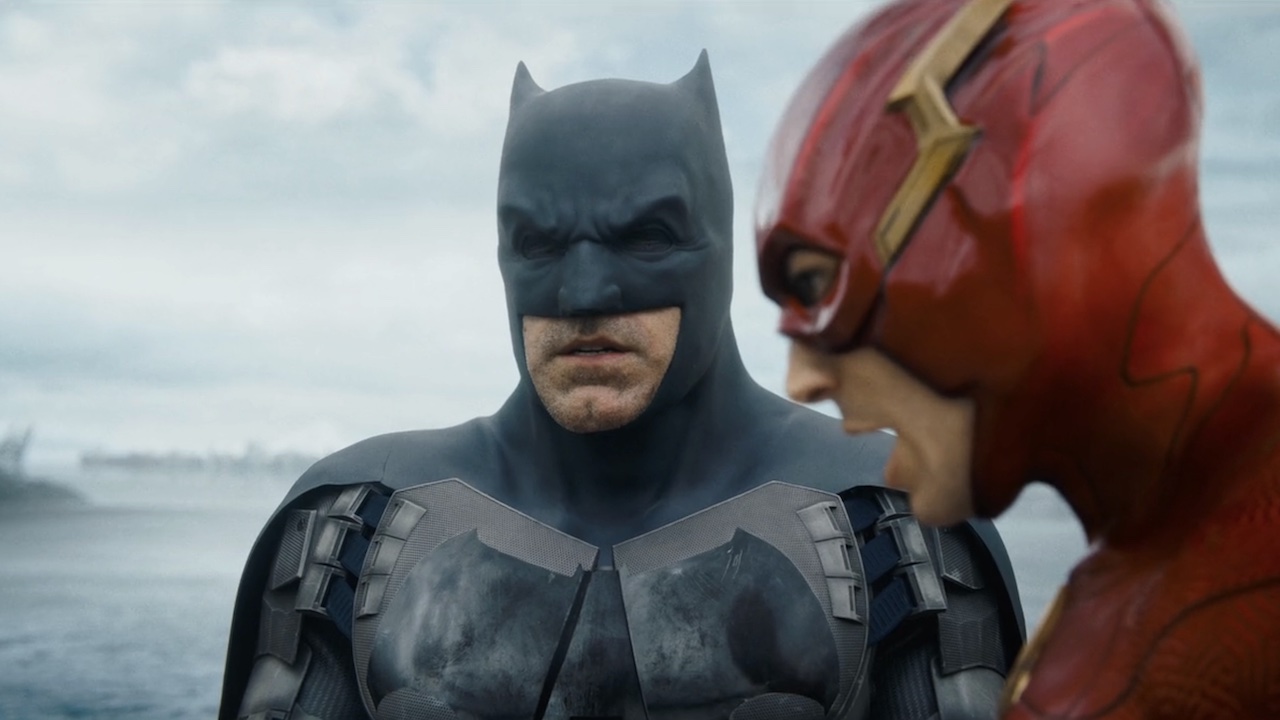Why The Magnificent Seven Remake Shouldn't Have Been A Western
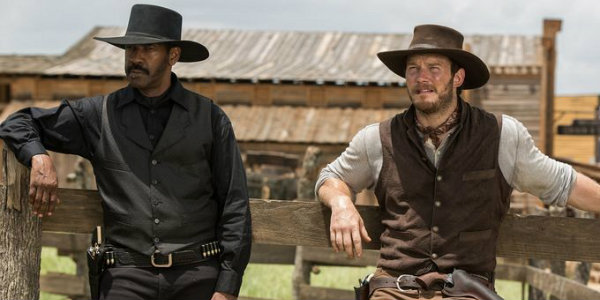
A group of deadly warriors, an innocent town in dire need of protection, and an overwhelming villainous force that threatens to destroy them all. It's a timeless narrative, but if you went to the movies over the past weekend, you will instantly recognize it as the core premise of Antoine Fuqua's The Magnificent Seven. The film proved itself as one of the few contemporary westerns to make an impact on audiences, leading many to wonder if we will soon see a resurgence in the genre. However, regardless of that fact, I still left my theater wondering whether or not it was even the right decision to set The Magnificent Seven within the western genre at all.
Before I go any further, I should obviously mention that critics and audiences clearly gravitated towards the western setting of The Magnificent Seven. Garnering a respectable 61% Fresh rating on Rotten Tomatoes, the film won its opening weekend box office handily. To put it bluntly: it's a damn good movie. However, despite the film's skillful direction, impeccable performances, and effective storytelling, there's something about it that doesn't feel quite right about its chosen genre, and that's because it doesn't necessarily honor the traditions established by what came before it.
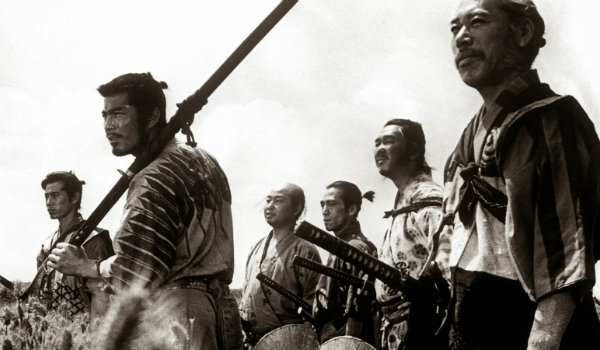
As many members of the audience already know, while The Magnificent Seven is quite obviously a remake of the 1960 western of the same name, the original Magnificent Seven is an Americanized take on a 1954 Akira Kurosawa film, Seven Samurai. Kurosawa's work has become iconic for the way in which it pioneered innumerable tropes common in modern action ensembles. From the "reluctant hero" plot device, to the recruitment of the titular team in the film's second act, the DNA of Kurosawa's Seven Samurai can be found in modern action franchises like Fast & Furious, and Suicide Squad. Across culture and across time periods, people have universally understood this type of narrative for its simplicity and its elegance in the years since Kurosawa perfected the formula.
With that in mind, the 1960 version of The Magnificent Seven is very much a product of its time. Director John Sturges took the ideas innovated by Kurosawa and quite literally westernized them. He assembled some of the best action icons of the era -- such as Yule Brynner, Steve McQueen, and Charles Bronson -- and injected them into a genre that had already captured the imaginations of moviegoers. It was a western that worked during a bygone time when westerns dominated the silver screen, just as Seven Samurai worked when it played for Japanese audiences.
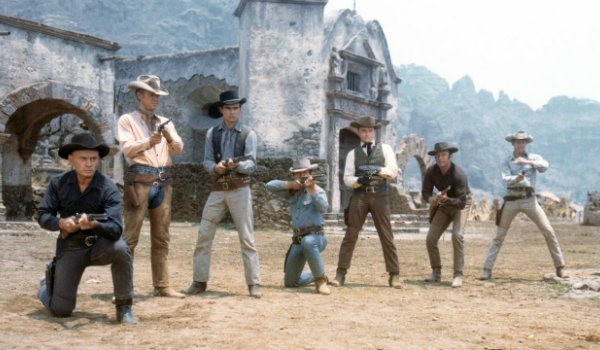
Ultimately, that seems to be the biggest issue that I have with the modern retelling of The Magnificent Seven. It's not inherently meant to be a throwback-style western; it's built upon the idea of taking an archetypical narrative, and applying it to a genre or cinematic style characteristic to the era and audience of its release. To truly honor the tradition established by Akira Kurosawa and John Sturges, Antoine Fuqua should've taken the narrative structure somewhere fresh and new. The original Magnificent Seven was a western because westerns played in 1960; a 2016 update of such a narrative should have used a genre with far more resonance for audiences.
What's even more curious about this situation is the simple fact that Antoine Fuqua already directed a modern retelling of Seven Samurai/The Magnificent Seven in 2003, and he did take it somewhere new. His Bruce Willis fronted war film, Tears of the Sun, used tropes and styles that felt ripped straight from Kurosawa's work, but set them firmly within a wholly contemporary war genre. Instead of a group of gunslingers in a western town, we got a team of highly trained, uniquely skilled Navy SEALs making the decision to defy the chain of command in order to save an African village in a war torn nation. That particular film maintained all of the hallmarks of a Seven Samurai story, but in a very specific way it felt more honorable to the source material because it took the action somewhere new and more resonant for a modern viewer.
Check out a trailer for Tears of the Sun below, and you will almost instantly be able to note the similarities it shares with The Magnificent Seven's narrative:
CINEMABLEND NEWSLETTER
Your Daily Blend of Entertainment News
As much as I enjoyed the 2016 take on The Magnificent Seven, I cannot escape the overwhelming feeling that Antoine Fuqua took the torch handed to him by John Sturges, and simply delved back into familiar territory. It's a story that inherently defies the trappings of time or location, and it can be applied to any existing film genre. When granted the opportunity to craft a story that honors the Seven Samurai structure, future filmmakers should endeavor to break new ground and take such a tale into a never before seen environment.
Of course, that's just my opinion on the matter. What're your thoughts on this issue? Should The Magnificent Seven have carried on the tradition of bringing a new style and genre to its narrative, or was it wise to stick with the familiar? Let us know what you think in the comments section below to keep this conversation going!
Originally from Connecticut, Conner grew up in San Diego and graduated from Chapman University in 2014. He now lives in Los Angeles working in and around the entertainment industry and can mostly be found binging horror movies and chugging coffee.

